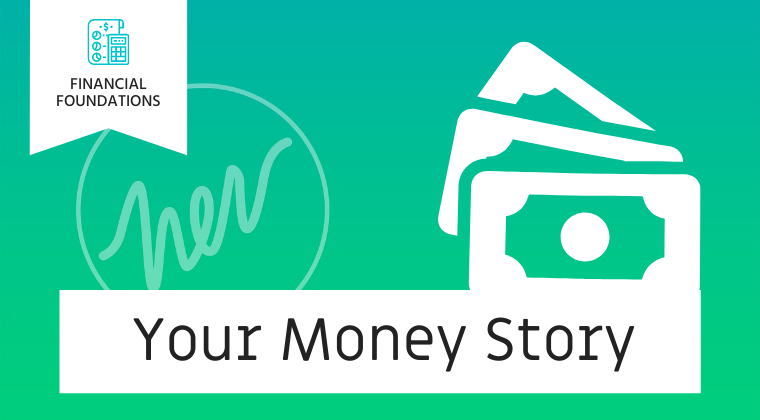Why I’m taking a personal finance day
It’s January 2020 which means new year, new you, right? To get to this new state you have to commit to doing some things differently. For me, that means taking a personal finance day.
What’s a personal finance day? It’s 24-hours where you take the day off work or dedicate a Sunday to writing down the balances of your investment accounts, renegotiating your auto insurance, and deciding if you should roll over that old 401K. A financial health day is not going to magically wipe away your student loans or solve your spending problem, but it can give you a plan for paying off debt or your mortgage three years early.

There is growing consensus on what being financially healthy means: you should maintain a four to six-month emergency fund, carry zero credit card debt, and contribute 10 to 20 percent of your monthly income to a retirement fund. Additional goals, like buying a house or paying for your kids’ college, don’t come until you have achieved a stable foundation.
Along with knowing what “financial health” means, there is also general agreement among financial experts on the best ways to achieve it:
-
Know your money situation. Physically write out your loans (credit cards, auto loans) with their interest rates, and all of your savings (including retirement). Seeing it all in one place will help you figure out your priorities.
-
Create money goals. Set multiple goals and prioritize them (you can also fund more than one goal at once). Is it saving for the down payment on a house or becoming debt free?
-
Track your spending. Where is your money going? There are budgeting apps from Mint or YNAB to help you keep track. Are there places where you can tweak your spending habits to fund your savings goal? Can you cancel a recurring expense you aren’t using? Could you negotiate a better rate on your phone bill?
-
Automate to achieve your goals. Set up recurring payments to your debt and savings. Automated monthly transfers from your checking account to your savings goals make sure you aren’t as tempted to spend that money. Schedule monthly and yearly calendar alerts to check your spending, rebalance your portfolio, etc. One advanced tip is to enroll in your 401K plan’s “save more later” option. This will increase the percentage of your paycheck you put into your 401K annually.
These items seem simple. Yet, why are so few people doing them? It takes a LOT of work to get this money infrastructure set up. At the end of a long day of client meetings, chasing a toddler, or some combo of the two, it’s difficult to muster the mental energy to address your finances – especially if you have the option of outsourcing this responsibility to a capable partner. That’s why women in particular should take a personal finance day.
That’s where a day dedicated to my financial to-dos will help. I procrastinated renegotiating my car insurance for 4 months after my provider told me they were raising their rates 40%. When I finally shopped around, I saved $600 for the year. That’s just the tip of the iceberg for me financially. Taking a day – and really a few hours a month to focus on my finances makes a big difference in me keeping track on my goals. My big one this year is paying off my final student loans!
Does taking a personal finance day sound like something that would help you? Put an invite on your calendar NOW to block off 8-hours to focus just on your financial to-dos. Break it up into 4 2-hour chunks across a few weekends or do it in one fell swoop. However, you do it, it will make an impact on your future financial health. Consider signing up for our email list for bimonthly tips on how to improve your financial health. We will also be starting an online course with worksheets to guide you through a “pHERsonal Finance day” later this year. Happy new decade all!

